Team
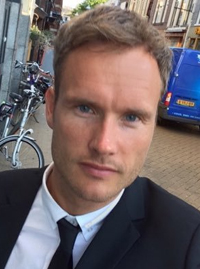
Director Training and Education: Dr. Gerd Weitkamp
Gerd's research interests are in health geography, active transportation and landscape research. In my research I use GIS analysis and gps-data, combining qualitative and quantitative methods, to better understand peoples movement behavior and their interaction with places.

Director Policy-making Support: Dr. Terry van Dijk
Terry works on the interface between urban design and planning. He studies the role of designs and designers in planning practices, from a socially engaged standpoint. His main curiosity is how interactive design and visionary thinking can be a platform for a more engaged and better-informed way of decision-making than deliberation by words alone.

Assistant Professor: dr. Emma Puerari
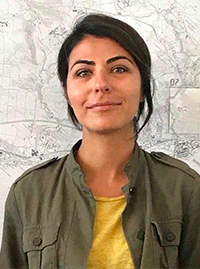
Assistant Professor: Dr. Farzaneh Bahrami
Farzaneh’s research is on the interplay between mobility systems and urban forms. She holds a Ph.D. from the Swiss Federal Institute of Technology, Lausanne (EPFL), Laboratory of Urbanism. Her PhD research, on futures of mobility, sought to identify the levers of change for a transition from car dominance in cities. She is currently working on the role of spatial planning in steering the evolution of smart mobility and its adoption in the future cities.
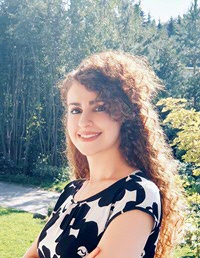
Assistant Professor: Dr. Samira Ramezani
Samira’s research efforts seek to come up with land use and transportation policies that could encourage the use of more sustainable modes of transportation and address societal and environmental challenges such as equity, health, and climate change. Her general research interests lie in the areas of travel behavior, behavior change, participatory mobility management, and integrated land use-transportation planning. She takes a multidisciplinary and mixed-method approach in understanding travel behavior and its implication for wellbeing and the environment.

Assistant Professor: Dr. Daniella Vos
Daniella's research is motivated by an interest in developing novel digital frameworks that contribute to our understanding of transformations in human subsistence and settlement patterns. Within this theme, I focus on the use of GIS, machine learning techniques and Bayesian inference for the optimal exploitation of incompatible and ambiguous datasets.
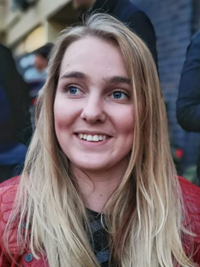
Researcher & Lecturer: Dr. Tess Osborne
Tess’ research considers the relationship between technology, the body, and mobilities. She applies GIS, biosensing, virtual reality, and qualitative methods to better understand people’s connections with place. Her work often involves experimenting and trailing different digital methodologies to enrich in academic and societal knowledge.

Lecturer: Dr. Efstathios Margaritis
Efstathios research focuses on urban analytics, geodemographics and urban morphology. He has an ongoing work on the field of soundscape trying to bridge the gap between acoustics and urban planning using primarily GIS tools. His work combines spatial analysis with crowdsourcing and qualitative GIS. He has been a member of the Marie Curie ITN SONORUS project, which was the first urban sound planning project on a European scale.
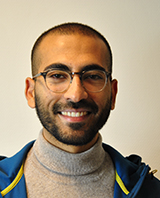
Assistant professor: Dr. Mohamed Saleh
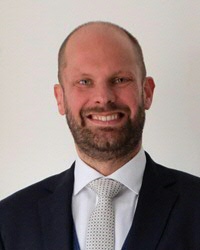
Assistant Professor: Dr. Richard Rijnks
Richard’s research focuses on the role that spatial composition and local policy can play in residents’ wellbeing outcomes. He holds a Ph.D. from the University of Groningen (Subjective Wellbeing in a Spatial Context), and subsequently held a post-doctoral fellowship at the Spatial and Regional Economics Research Centre, University College Cork. He is currently involved in projects relating housing tenure and development to neighbourhood changes, and how these local aspects affect residents’ and neighbours’ health outcomes.

Co-founder and currently professor at Oslo Metropolitan University: Claudia Yamu
| Last modified: | 09 January 2024 2.53 p.m. |
